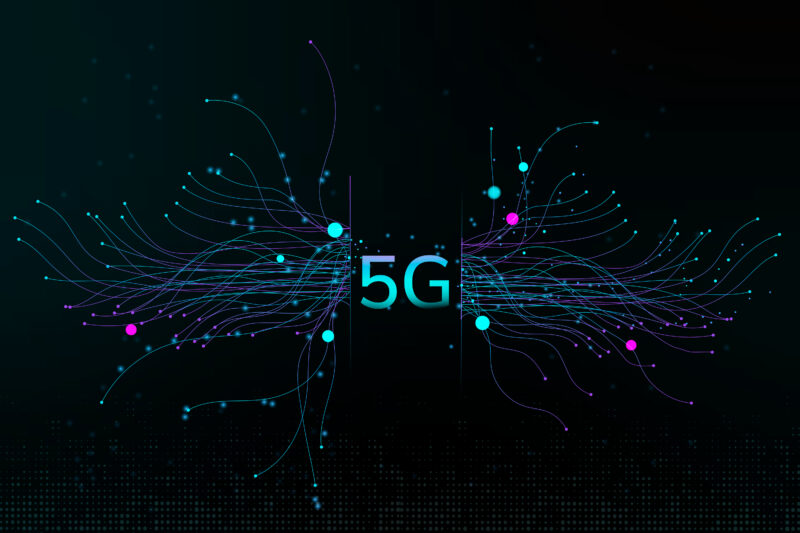Ignite Code4AI Program: Building Pakistan’s Next-Gen AI & Tech Skills
The Code4AI Program, approved by the Ignite board under the Ministry of Information Technology and Telecommunication (MoITT), is a large-scale skills initiative that aims to train 7,500 people across Pakistan in programming and applied AI skills. The program combines hands-on training in Python, JavaScript and Java with modules on AI application development, blockchain (Ethereum, Solidity, Hyperledger), quantum computing basics, and prompt engineering, all designed to build a stronger national talent pipeline for Pakistan’s growing tech sector.
What the curriculum covers (practical focus)
Code4AI is positioned as a practical, job-oriented course rather than a purely academic exercise. Key training components reported by Ignite and media partners include:
- Core programming: Python (the backbone of most AI work), JavaScript (web & frontend), and Java (enterprise and scalable systems).
- AI application development: hands-on use of common AI/ML libraries and frameworks so participants can build real models and deploy simple applications.
- Blockchain basics: exposure to smart contracts and distributed ledgers (Ethereum, Solidity, Hyperledger) so developers can prototype decentralized apps.
- Emerging topics: introductions to quantum computing concepts and prompt engineering, the latter becoming essential as AI models are increasingly used in products.
Delivery model how training is likely to be run
Official announcements emphasise hands-on, practical labs and workshops rather than only lectures. While detailed delivery modalities (online vs in-person, partner providers) were not fully published at the time of announcement, similar national programs typically use a hybrid approach: regional training centres, online learning portals, bootcamps, and industry mentorship to ensure scale and relevance. Ignite’s prior initiatives also indicate partnerships with private training providers and ecosystem stakeholders to deliver content and placement support.
Who stands to benefit
- Students and recent graduates seeking practical entry routes into AI and software roles.
- Early-career developers wanting to pivot into AI, blockchain, or prompt engineering.
- Startups (who will gain access to a larger pool of trained developers) and the wider tech ecosystem that needs engineers who know how to build and deploy AI-driven products.
Expected impact short and medium term
If executed well, Code4AI can:
- Increase employability for thousands of trainees and reduce the immediate skills gap for AI product development.
- Feed startups and industry with engineers who can build MVPs, integrate ML features, and experiment with blockchain or quantum-aware design patterns.
- Support an innovation pipeline that complements infrastructure programs (like the Prime Minister’s Cloud Program) by providing the human capital needed to use cloud-based AI services.
Risks, caveats and what to watch for
- Quality and depth: Training large cohorts is valuable, but outcomes depend on curriculum depth, hands-on project work, mentorship, and real-world placements. Surface-level exposure without practical projects can produce certificates with little job impact.
- Geographic equity: Ensuring access beyond major cities (Lahore, Karachi, Islamabad) will determine whether the program truly builds a national talent base.
- Pathways to employment: A clear pipeline from training to internships, apprenticeships, and startup placements is essential; otherwise, trainees may struggle to convert skills into steady work.
How prospective participants and founders should prepare now
- Founders: Map what skills you need (ML engineers, frontend devs, blockchain devs) and prepare short-term projects or internships that Code4AI graduates could plug into.
- Learners: Strengthen basic programming skills (Python fundamentals), complete small projects (simple ML models, web apps), and build a portfolio repository (GitHub) so you can demonstrate capability during selection and after training.
- Ecosystem actors: Incubators, accelerators and employers should prepare mentorship and placement slots to absorb trainees and translate training into real product outcomes.
Conclusion a strong start if followed by strong execution
Code4AI represents a significant investment in Pakistan’s human capital for the AI era. By combining programming fundamentals with AI, blockchain, and prompt engineering training, the program is set to expand the base of people who can build and deploy modern tech products. The real gains will depend on execution curriculum quality, regional inclusion, and concrete job pathways. If those boxes are checked, Code4AI could be a key building block in Pakistan’s digital transformation.
FAQ
Official eligibility details are expected from Ignite; broadly, the program targets students, recent graduates and early-career professionals seeking practical skills in Python, AI, blockchain and related fields. Stay tuned to Ignite’s announcements for registration criteria.
Code4AI covers core programming (Python, JavaScript, Java), AI application development with popular frameworks, blockchain basics (Ethereum, Solidity, Hyperledger), introductory quantum computing concepts, and prompt engineering for modern AI workflows.
Trainees should build demonstrable projects (GitHub repos), pursue internships or apprenticeships with startups and tech firms, and leverage local incubators/accelerators (like Ignite’s network) that can offer mentorship and placement pathways. Employers should prepare roles that welcome entry-level AI and blockchain practitioners.




